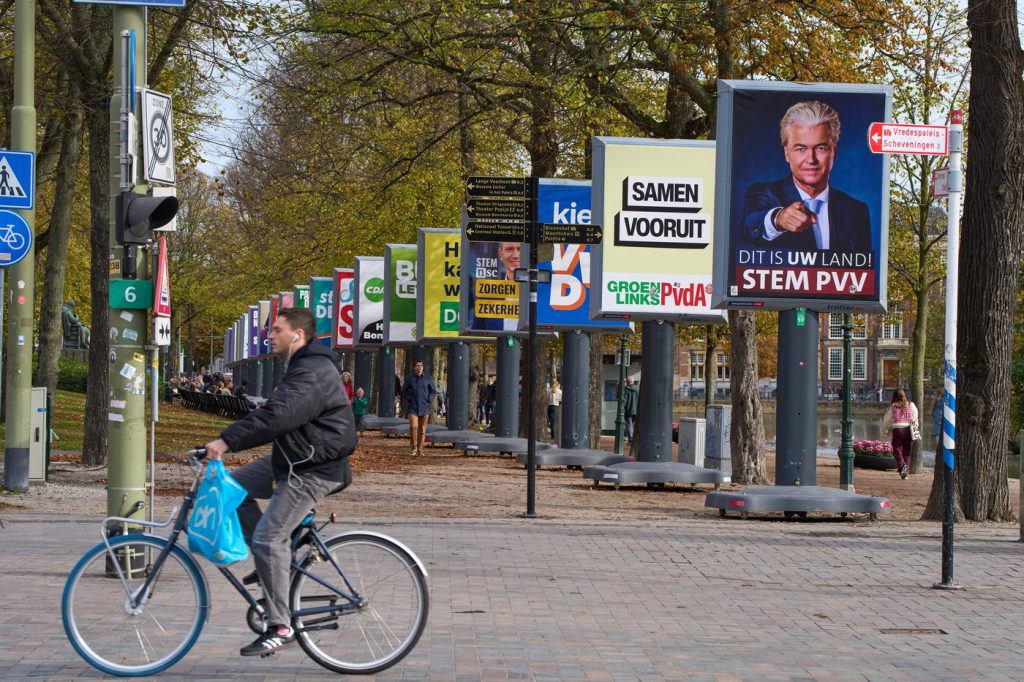THE HAGUE, Netherlands (AP) — Less than two years after anti-Islam firebrand Geert Wilders achieved a remarkable victory in the Dutch parliamentary elections, the Netherlands is preparing for another round of voting. The upcoming elections will take place on October 29, 2025, with all 150 seats in the legislative House of Representatives at stake.
Wilders, who has faced death threats for over 20 years and lives under constant protection, triggered snap elections in June by withdrawing his Party for Freedom ministers from a contentious four-party coalition. This decision stemmed from disagreements concerning his stringent immigration policies, which are a focal point of the current electoral campaign.
Migration control has emerged as a dominant theme in the election discourse, drawing even moderate parties toward more conservative positions due to Wilders' influential rhetoric. Despite Wilders’ potential for winning again, polls suggest a tight race, and he may encounter difficulties in forming a majority coalition as key political parties have publicly ruled out collaboration with him.
Henri Bontenbal, the leader of the center-right Christian Democrats, has voiced strong criticism of Wilders’ party, asserting that they do not uphold democratic values. The previous government, led by Dick Schoof, who was appointed by Wilders, is recorded as one of the shortest in Dutch history, characterized by infighting and lack of governance.
Wilders, whose party secured 37 seats in the last election held in late 2023, claims he had no choice but to dissolve the coalition due to opposition from other members regarding his anti-immigration agenda. His campaign highlights a 10-point plan which includes an absolute halt to asylum seekers entering the Netherlands and measures to turn people back at borders with Belgium and Germany.
The political landscape in the Netherlands reflects a global trend of rightward shifts, as noted by Léonie de Jonge, a professor of research on far-right extremism at the University of Tübingen, Germany. Anti-immigrant protests have historically turned violent, further complicating the political climate, leading to recent riots in The Hague.
In a call for unity, Dutch King Willem-Alexander recently urged a return to the traditional culture of compromise amidst intense political polarization. This upcoming election marks the fourth general election in less than a decade, highlighting the ongoing instability within Dutch politics.
The Christian Democrats, having previously suffered a decline in support, are now polling strongly under Bontenbal's leadership. He is advocating for a return to respectful and decency-driven politics, contrasting sharply with the past two years filled with division and chaos.
Another significant candidate is Frans Timmermans, leading the center-left bloc comprising the Green Left and the Labor Party. Timmermans emphasizes the need for action following years of stagnation and promises to address the pressing issue of housing by pledging to build 100,000 new homes annually to resolve the affordable housing crisis.
As the election approaches, it is likely that coalition negotiations will be prolonged. The outcome remains uncertain, yet the complex dynamics ahead suggest another coalition government will be necessary. Political analysts indicate that if Wilders wins but fails to secure a coalition majority, alternate arrangements such as a minority cabinet could be considered, an unusual scenario in Dutch politics.
Voter sentiment reflects a desire for stability and unity, as indicated by voter Herman de Jong, who expressed frustration regarding the ongoing political discord. His call for unity resonates with a populace eager to overcome the division that has characterized recent Dutch politics.










